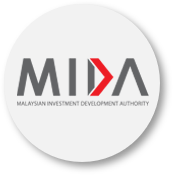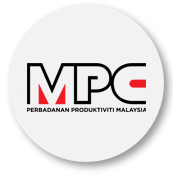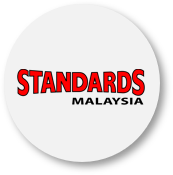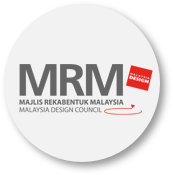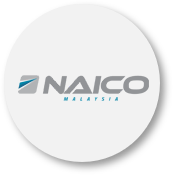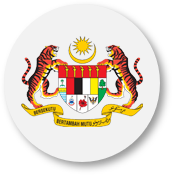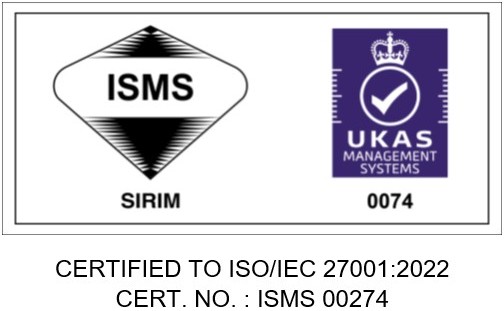I refer to the letter headlined "Lynas - what next?" by M.N. D'Cruz published in your newspaper yesterday.
Let me just say that the Ministry of International Trade and Industry (MITI), like the rest of the Government, share Mr. Cruz's concern that every possible care should be taken to ensure that the people's health and safety will not be compromised in matters related to the Lynas rare earth plant in Gebeng.
MITI's Minister, Dato' Sri Mustapa Mohamed, has said on numerous occasions that the health and safety of the public is of the highest priority and is the Government's overriding consideration.
It was for this reason that the Government invited the International Atomic Energy Agency (IAEA) to appoint an independent panel of experts to review the radiological safety aspects of the Lynas project and to make recommendations to the Government. The full Report has been made available to the public on 30 June 2011, and the Government has announced it will implement all the IAEA's recommendations.
As has been reported in the media, the IAEA Panel's core finding was that Lynas had so far complied with all safety requirements imposed on them by the Malaysian regulatory bodies - the Atomic Energy Licensing Board (AELB) in particular. It also said that these standards are equal to, and in some cases higher than, internationally accepted standards for similar purposes.
Going forward, the IAEA recommended that Lynas be required to submit a comprehensive waste management proposal to the AELB for its approval before it is allowed to commence any operations on site.
This is the stage where the Lynas project is now at. As at today, Lynas has yet to submit its waste management proposal to the AELB. In the mean time, the company will not be allowed to import any raw material into the country or proceed with any operations at its plant.
The public can be assured that when Lynas submits its proposal, it will receive the appropriate evaluation of the AELB to ensure that all technological and safety issues are satisfactorily addressed.
The Government has stated that the AELB will be given all the resources it needs - technical, human, financial - to undertake its regulatory functions, which includes monitoring, testing and evaluation of all safety-related issues. It has also announced that the IAEA will be invited to undertake periodic reviews of the project to provide additional quality assurance.
Mr.D'Cruz raises a number of other points that deserves reply. With respect, he is wrong in asserting that the proposed Lynas operation is part of a "backyard industry".
The processing or refining of rare earth ores is part of a larger industry that is crucial to the development and production of many advanced and high-tech applications such as wind turbines, advanced motors, high-end magnets and energy saving devices. Rare earths are currently also used in the production of appliances such as flat screen displays, fluoroscent lights and mobile telephones.
MITI considers rare earth processing as part of a strategic industry. The siting of the Lynas plant in Malaysia is expected to generate spin-offs that will result in additional investments in the country, technology transfers and the creation of more high-end jobs. It is an industry of the future that, if properly managed, will benefit Malaysia in the long run.
Mr. D'Cruz wrongly says that MITI has "forced" Lynas to locate in Pahang. MITI's role is to evaluate investment applications and grant manufacturing licences to qualifying cases. It is not its job to decide where in the country a manufacturing plant should be located. The investor company makes its own decision based on business considerations, Mr. D'Cruz is right in saying that land use is ultimately a state matter, and the agreement of a state government is needed before land can be alienated and a plant built.
It is MITI's understanding that Lynas had obtained approval to build its plant in Australia before deciding to locate it in Malaysia, and that it made this decision based on business considerations and the company would be the appropriate party to comment further on this.
Thank you.
Syed Muhammad Syed Nadzir
Head of Corporate Communications
Ministry of International Trade and Industry
9 September 2011
Last Updated 2015-05-14 12:00:31 by admin2







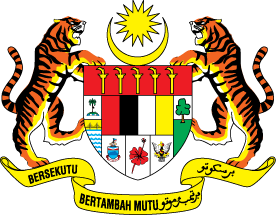





 Home
Home








